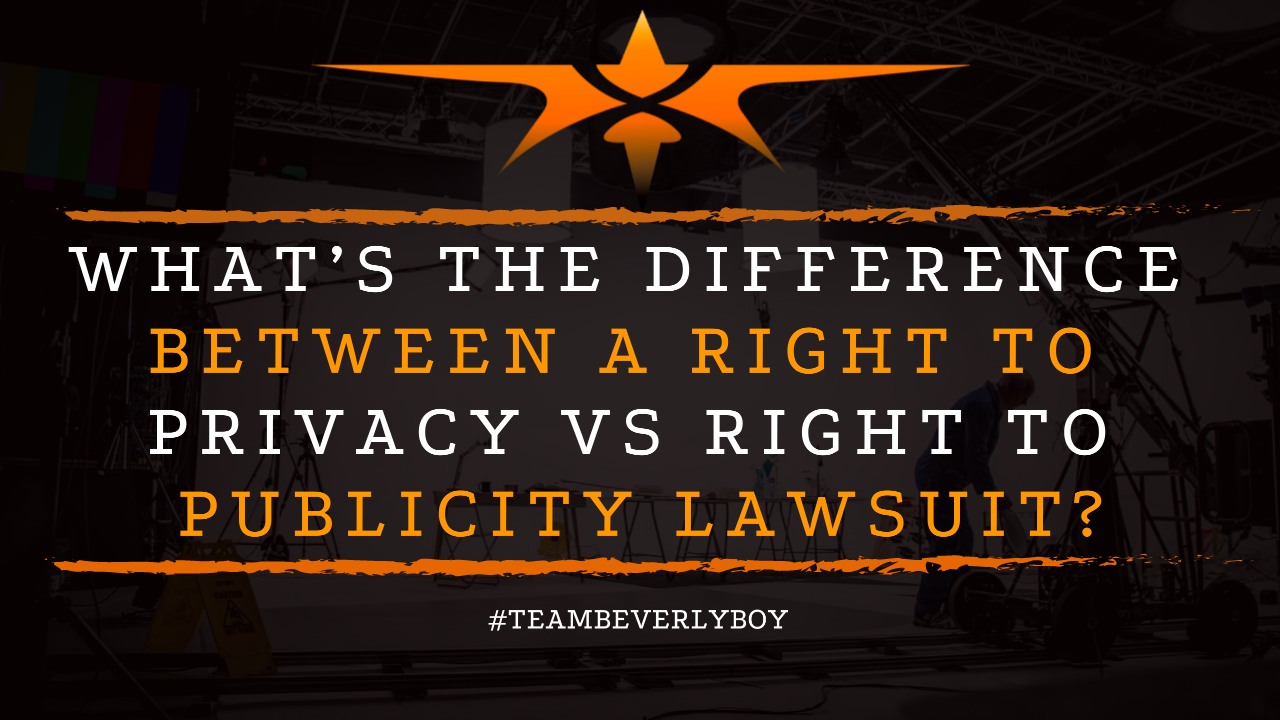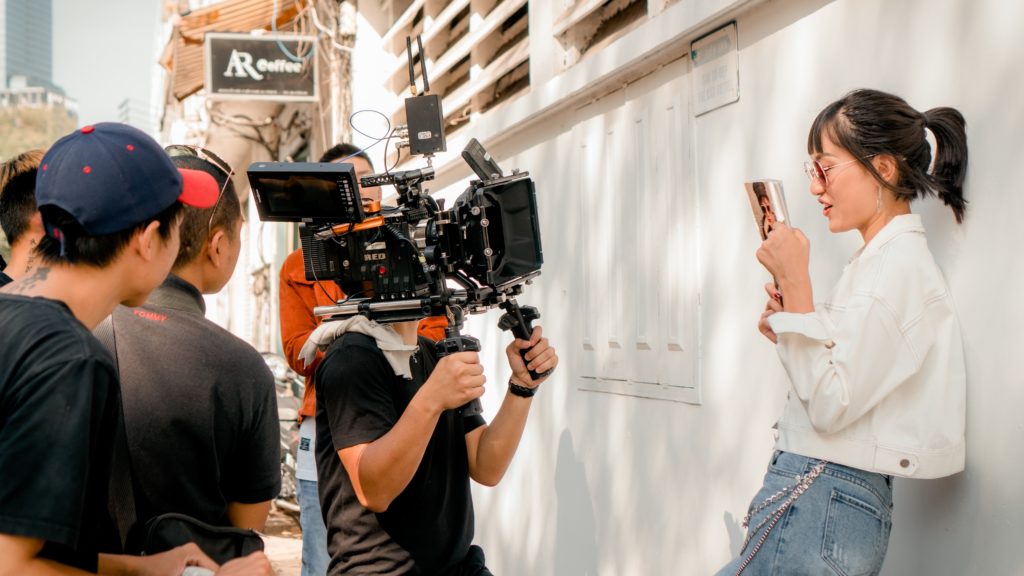
What’s the Difference Between a Right to Privacy vs Right to Publicity Lawsuit?
Filmmakers must be aware of local privacy laws and the impact that their filmmaking can have on those who they film in local parks, public locations or otherwise. In fact, if you’re filming in a public location? You’re likely to face a situation in which you’re going to film people that you’ve never met. And that you don’t have a proper talent release form from. Without release forms, you risk certain lawsuits. Especially those related to a right to privacy vs right to publicity. But what do right to privacy vs right to publicity complaints mean in filmmaking? And how can these lawsuits be prevented?

At Beverly Boy Productions, we believe the first step to preventing a Right to Privacy or a Right to Publicity lawsuit is to make sure that you fully understand and are aware of the differences between the two and what they mean for filmmakers.
This is also important as it will help you define a means of determining when such lawsuits can arise and what you should do about it.
What is the Right to Privacy?
The right to privacy represents a unique right. One afforded to individuals that are located in private locations. And offers protection from filming.
However, the right of privacy actually goes much further than providing protection to one’s individual privacy rights and offers the following privacy protections or interests:
Protection from Intrusion
This includes preventing the intrusion or encroachment into someone’s physical solitude or seclusion.
Protection from Appropriation
This includes protection against using someone’s name or likeness without permission.
Protection from Public Disclosure of Private Facts
This includes protection against the disclosure of information. Which might be private and which could, although true, be objectionable.
Protection from False Light
This includes protecting publicity of information that someone places in false light. Such as when someone’s picture is used in connection. With something like an article or other document which is not connected but implies such.
As you can see, there are several protections for the right to privacy, and each can be afforded in different scenarios or situations depending on how the case is brought up.
What is the Right to Publicity?
The right of publicity represents a unique protection. Provided to members of the public in the event that their image is used in things like films, videos or other works.
Under the right to publicity, individuals grant the right to decide how their own image is in use and on display for commercial purposes.
People have a right to dictate how their image is commercially distributed. And may monetize the work to their liking.
Understanding the right to privacy vs right of publicity is certainly not the same or in any way similar.
Under the right to publicity, people earn the right to publicity in five categories as follows:
- Performance – the right to define performances that result in monetary gain.
- Adaptation – the right to adapt or creative derivative works relative to a performance.
- Personality Products – the right to dictate exploitation of products that use the name, likeness or image of a person.
- Endorsement – the right to control name, likeness, image or reputation in connection with advertisement of goods or services.
- Reputation – the right to control how reputation is used, and prevent reputation from being misused or used without authorization.
Right to Privacy vs Right to Publicity
So what’s the difference between the right to privacy vs right to publicity? There are several. But one of the most common and profound is that a right to privacy is granted at birth.
And without any further action required for the individual. Whereas the right to publicity is something to earn. Individuals do not have a right to publicity unless their name or likeness has already been used in a work.
Something like a film. And is under commercial distribution. At which time an individual could claim a right to publicity.
Which would therefore dictate the next steps as to how their footage is distributed, what monetary gains will be achieved, and other details.



